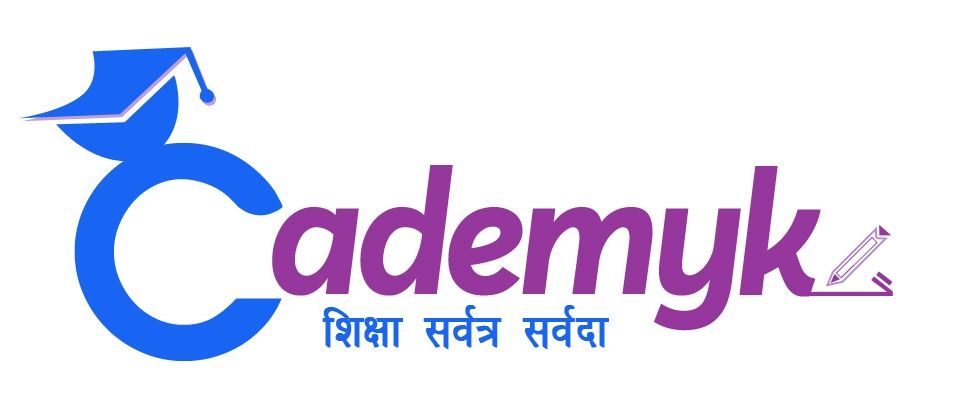Rosai Dorfman Disease is an extremely rare entity with probably less 1000 cases in the world reported
A 20 year-old female, Shruti, from Navi Mumbai, reported blurring of vision, right eye esotropia (a form of strabismus in which one or both eyes turns inward), diplopia (simultaneous perception of two images of a single object that may be displaced horizontally, vertically, diagonally ) and headache for 20 days. A basic visual evaluation at Apollo Hospitals Navi Mumbai revealed she was unable to read or recognise faces using her right eye.
An MRI exam was soon performed which showed an infiltrating enhancing soft tissue mass lesion. After a CT guided biopsy along with immunohistochemistry was performed. The diagnosis was confirmed, it was Rosai Dorfman Disease (IHC: S-100, CD-68 expressed) an extremely rare entity with probably less 1000 cases in the world reported since 1969.
The lead expert on this case, Dr. Anil D’Cruz, Director of Oncology, Head & Neck Cancer specialist, Apollo Hospitals Group, commented saying “A CT guided biopsy gave us a clear diagnosis of the condition. This is only the fourth such reported case from the Indian subcontinent to the best of our knowledge. The disease usually affects males more often than females of any age, but most often affects young adults under the age of 20. In this case, the patient was suffering from continued headaches and distorted double visions for more than two weeks and could have been worse.”
Patients with this disease present with massive lymphadenopathy (a condition of the lymph nodes, in which they are abnormal in size or consistency) with systemic symptoms like fever, neutrophilia, leucocytosis, raised ESR and polyclonal gammopathy.
Dr. Salil Patkar, Consultant, Medical Oncology, Apollo Hospitals, also added, “Though Rosai-Dorfman disease is considered as a benign disorder, it can sometimes behave in an aggressive manner leading to significant morbidity (as in our case) and mortality. There is no consensus or guidelines on treating Rosai Dorfman disease. It can be observed if asymptomatic as the disease resolves by itself in nearly 50% cases however we did not have that option given the serious risk of permanent vision loss and intracranial extension. Surgery and radical resection when feasible remain the treatment of choice. This however was not possible in our case given the location and extent. Drug treatment of RDD is rather non‑specific. Corticosteroids (prednisolone), chemotherapy with vinca alkaloid and 5‑FU, low‑dose interferon, and antibiotic therapy constitutes therapeutic options in this disease. Our patient was started on steroids and showed an excellent response.”
Mr. Santosh Marathe, COO & Unit Head, Apollo Hospitals, said, “Rare Diseases are challenging in terms of detection and screening. Apollo Hospitals Navi Mumbai has treated, evaluated patients with rare diseases in the past couple of years with a panel of specialists. We appreciate the effort shown by our valuable experts in this particular case as it could have led to complications in the patient’s underlying situation. Apollo Hospitals Navi Mumbai has “organ specific” specialist consultants who provide extensive treatment and early diagnosis of rare diseases through various clinical protocols & practises.”
He further added, “The patient was prescribed steroids and took regular follow ups. A repeat evaluation was done after one and a half month. The patient had a near normal vision, minimal eye deviation, and no diplopia. Repeat imaging showed a significant reduction in the size of the mass. We now have her on a tapering dose of steroids.”
Views: 1

